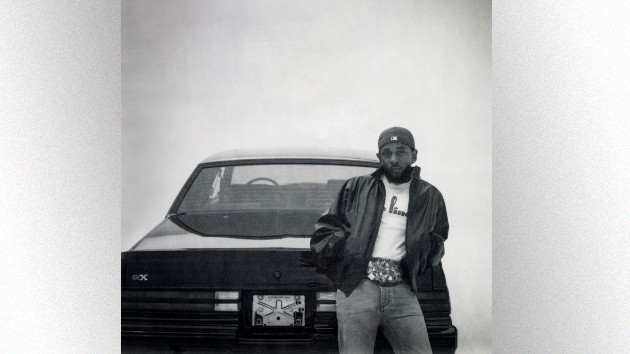What This Year’s Oscars Showdown Between Tár and Elvis Tells Us About the State of Music Movies
Written by on January 24, 2023
The Oscar nominations came out today, and among the 10 nominees for Best Picture are two movies about the tragic pursuit of musical glory and how it can unravel you as a person. Both focus on individuals with humble beginnings who concoct over-the-top personas, fall under the influence of powerful mentors, travel the world, wear impeccable suits, womanize, end up at the center of controversy, and bottom out in uncomfortable ways. Both feel like fever dreams, where the titular star is haunted by spirits and their own inner darkness. Both could easily be re-cut as horror films. Both are endlessly debatable. But only one of these films is good.
Todd Field’s Tár is many things: a ghost story, a meme, a parable about cancel culture, a clear-eyed depiction of power, a hazy ending, possibly offensive to women conductors, possibly offensive to lesbians, possibly all in the character’s head. It’s easily one of the best films of the year. Cate Blanchett’s superstar conductor, Lydia Tár, leads orchestras with the pretentiousness, and perviness, of so many men before her, dangling opportunities in exchange for affairs. On the brink of her crowning achievement, a performance of Mahler’s Fifth Symphony, Tár’s repugnant behavior either catches up with her, or she destroys herself, depending on how you read it. Blanchett has said her biggest inspiration in Tár’s manner, her public intellectualism, was the writer Susan Sontag, and the character is so vividly written that you may swear she’s real.
As for Baz Luhrmann’s flashy take on Elvis Presley: Future generations may never hear Austin Butler’s real voice again, but it’s a worthy sacrifice. He laid himself down, not merely emulating one of the most imitated men of the 20th century but becoming him, and then carried the dead corpse of Elvis (the film, not the person) on his back. When I think of this movie forevermore, Butler will help me to forget about the worst role of his co-star Tom Hanks’ career.
Take the scene where Hanks’ Colonel Tom Parker finds out that Elvis is—gasp—white. He has just heard Presley’s cover of “That’s All Right,” and as the group crudely assesses the song’s “negro rhythms” and “country flavor,” Parker insists that a colored singer such as this wouldn’t play the local hayride. When country singer Jimmie Rodgers gleefully informs him of Elvis’ race, Parker mutters through his inexplicable European accent, “He’s white???” followed by a dramatic pause and then, like a cash register going off in his brain, a more assured “He’s white”—a clip so ridiculous that it went viral last summer. Parker then leads a high-speed chase to become Elvis’ manager before anyone else. I have watched this scene many times, cackled over it, and urged friends to seek it out because I am shocked that it exists in such a garish form. However true to the realities of 1950s America, Luhrmann treats the revelation like a fun music history lesson to tap dance all over in his usual campy way. The whole thing is ill-conceived: America’s dad is not a Dutch villain, and Colonel Parker is not the star of the Elvis show.
watch avatar the way of water full movie
watch avatar the way of water full movie
watch avatar the way of water full movie
watch avatar the way of water full movie
watch avatar the way of water full movie
watch avatar the way of water full movie
watch avatar the way of water full movie
watch avatar the way of water full movie






